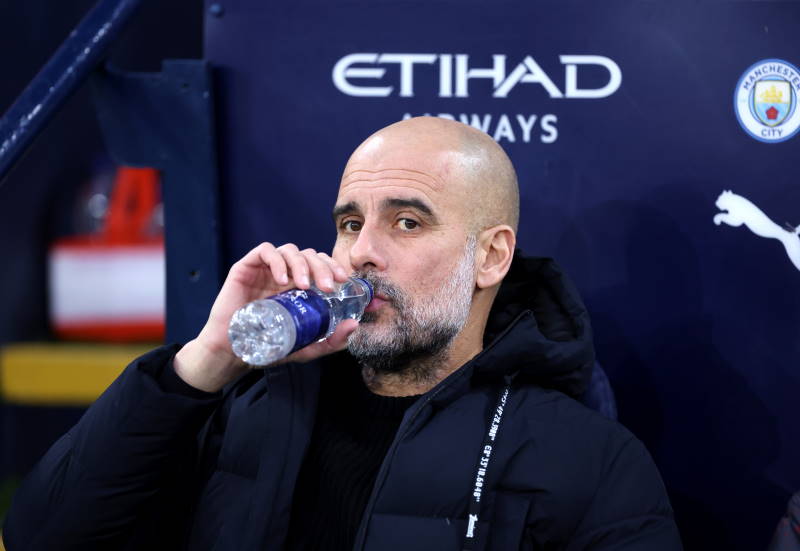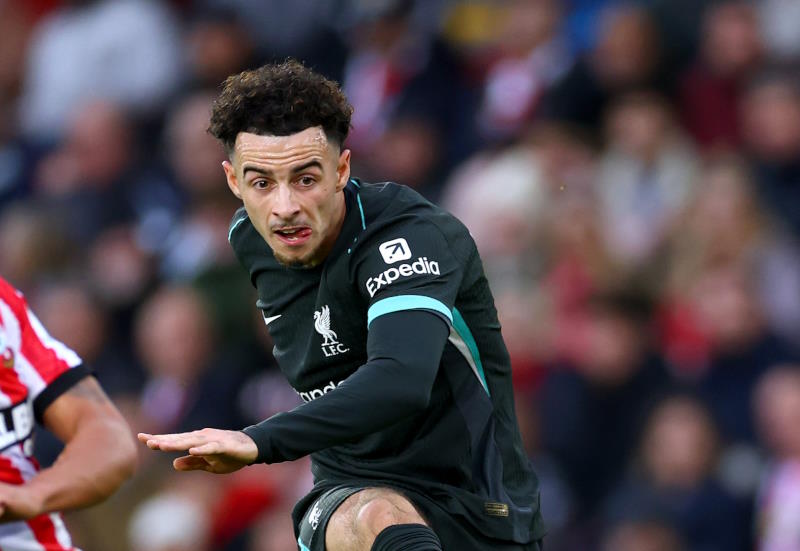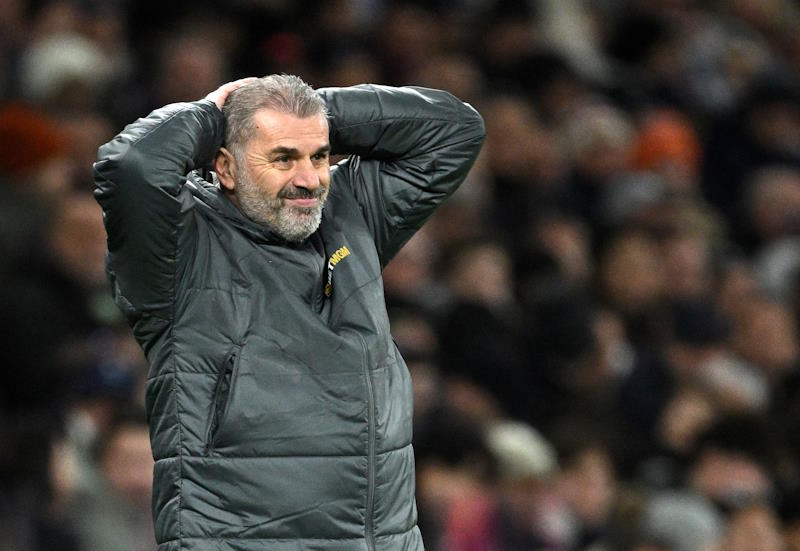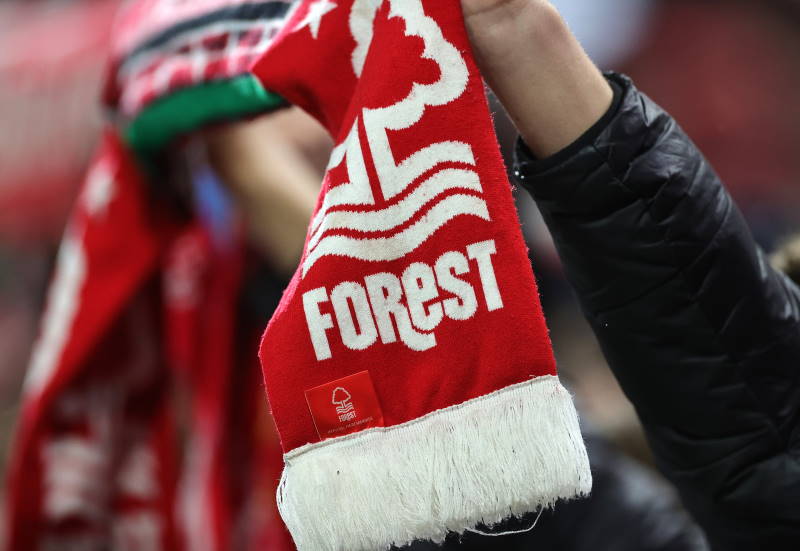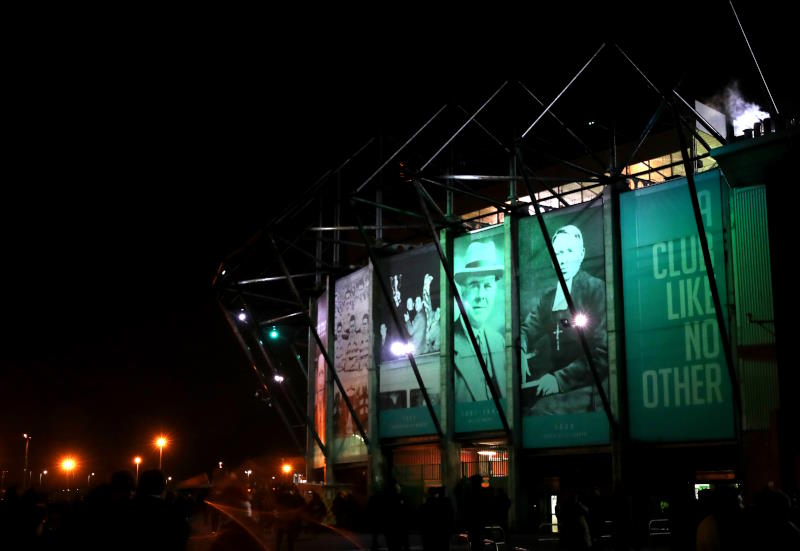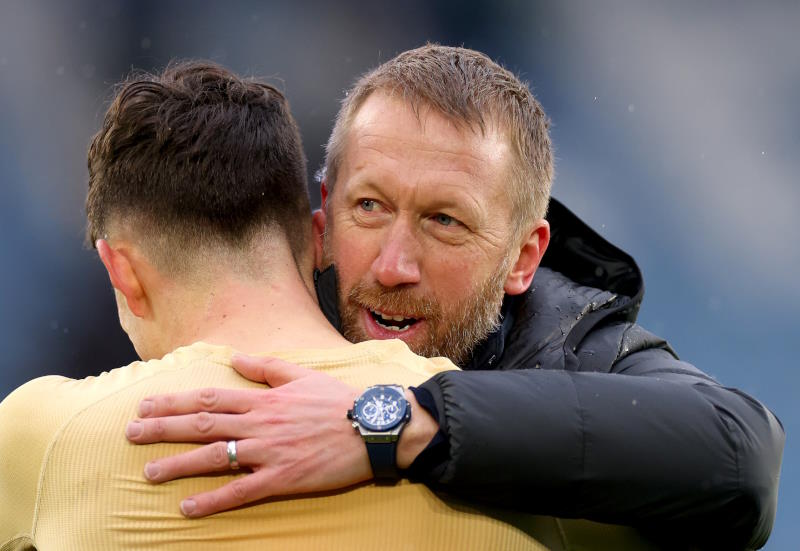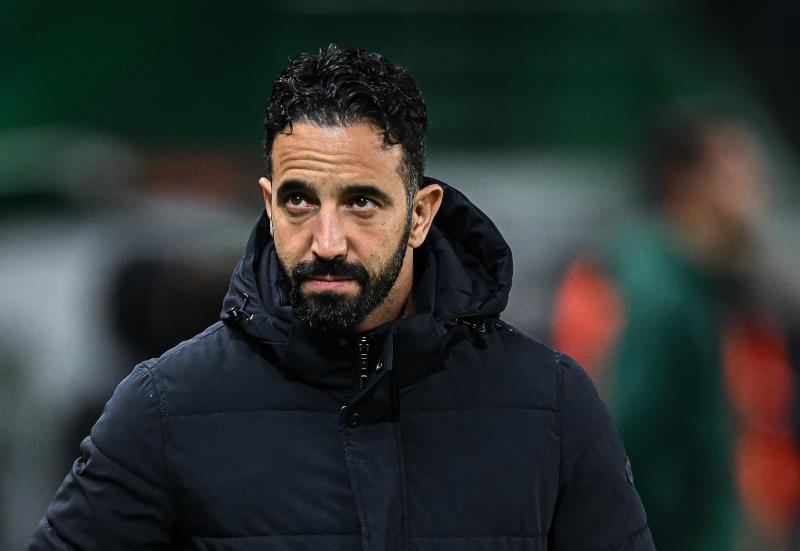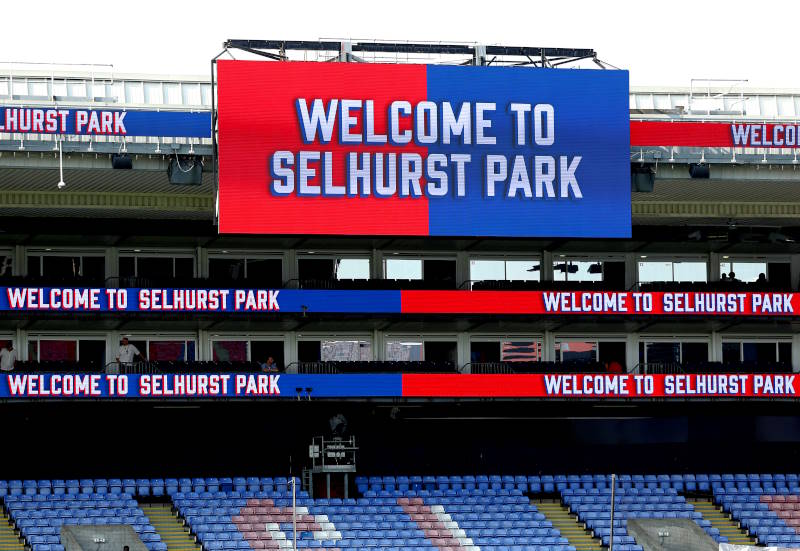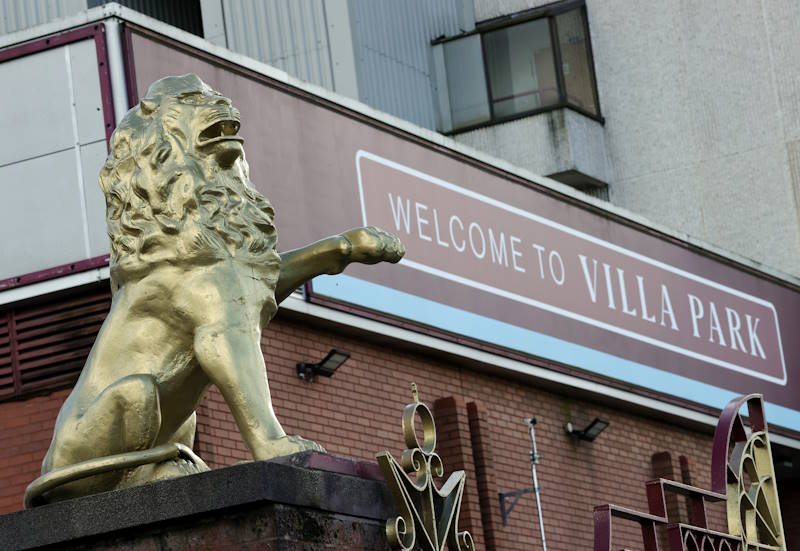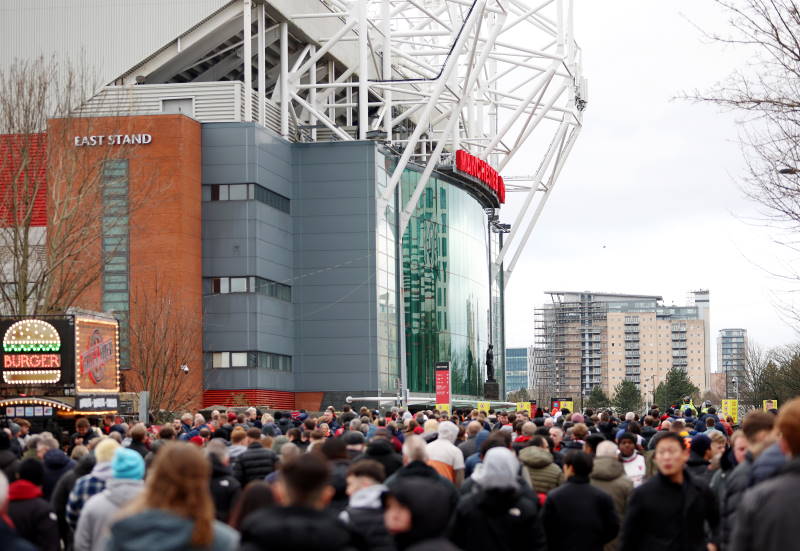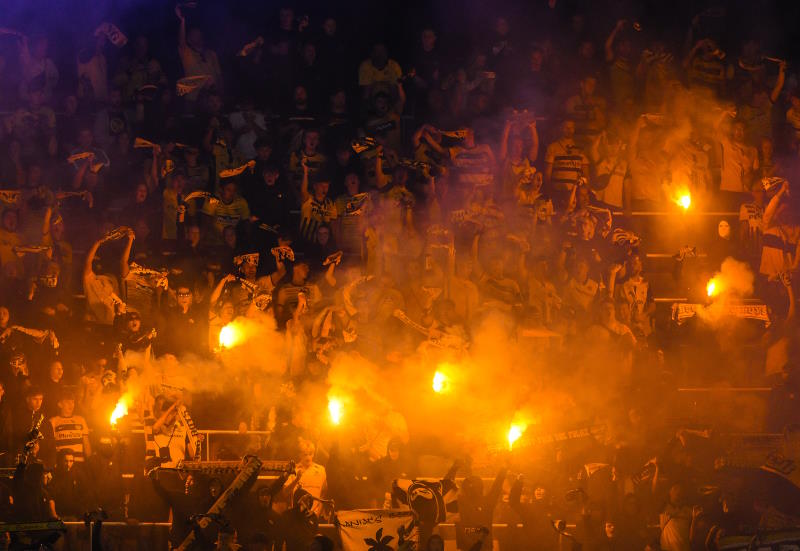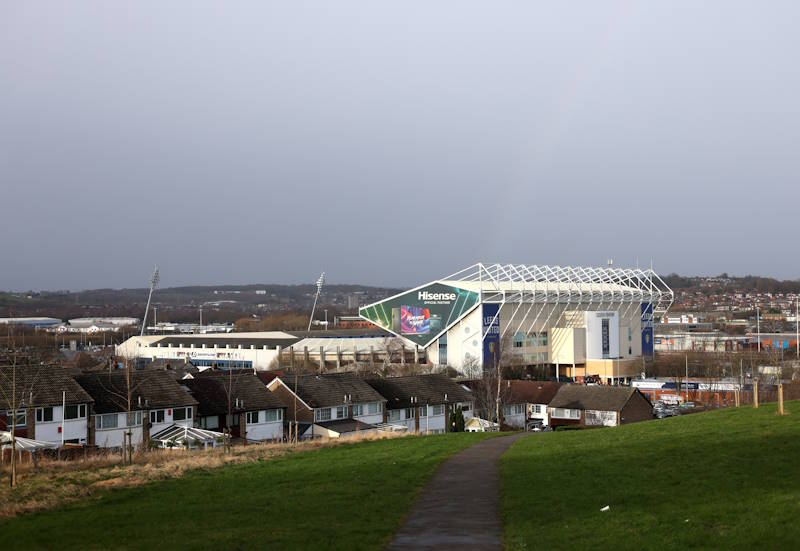
Stoke chairman Peter Coates is presumably fond of a gamble, having built a fortune through Bet365, but in appointing Mark Hughes as the new manager of the Potters he is taking an almighty risk. It was a gamble already to fire Tony Pulis, the man who brought Stoke up from the Championship and developed them into a solid and stable Premier League team. The Welshman may not have won over many neutrals during his time at the Britannia Stadium, but the baseball capped one’s whole approach was about survival and resistance – and he was very good at that.
For years Stoke were considered plucky underdogs, credited for surviving in a league full of rich billionaire backed teams and for making the most of their own resources.
Then along came Swansea City. The Swans made waves in their first year in the Premier League last season, blowing away Stoke’s argument that to win promotion and to survive in the top flight against better resourced opponents a team simply couldn’t play passing, attacking, enterprising football. What was more, Swansea were doing it on a budget far more constrained than Stoke. In fact, Stoke turned into the biggest net spenders in the Premier League after Chelsea and Manchester United. The mantra that this was a side who had no other option but to approach the game the way they did no longer held true. Allied to the fact that the novelty of mere survival seemed to have worn off on the Stoke faithful, with a desire to play a more expansive and attacking game becoming clear in the final months of Pulis’ second spell in charge, change was increasingly inevitable.
Enter Hughes, whose appointment surprised many. On one hand there is a clear logic to the choice. The temptation was to go for a modern attacking coach, but Coates feared changing too much too soon, and so went for Hughes, whose teams are typically aggressive, but who play more attacking football than Pulis’ outfit. Stoke judged that Hughes was unlucky to take over at the chaotic carousel ride that is Queens Park Rangers, believing that as the Potters are more like Fulham or Blackburn, that the former Manchester United forward will be a good fit. But is Hughes the man to make them play good football? Sure, he once played for Barcelona. But then again, he played for Barcelona just before the Catalans appointed Johan Cruyff as coach, and it was only after the Dutchman’s arrival that La Masia was revolutionised and they became synonymous with beautiful football.
Hughes has asked the fans not to judge him on his time with Queens Park Rangers, but his previous performances as manager of Blackburn, Manchester City and Fulham are hardly glory filled. There has always been a spendthrift side to him, and at both Blackburn and Manchester City he spent large sums of money on players who proved hard to shift for subsequent bosses. He did well in a season at Fulham, but much like West Brom and Swansea, the Cottagers are a well-run team who can almost manage themselves through transitional seasons. And at Queens Park Rangers it was not just last season that Hughes underperformed. He very nearly took the west Londoners down in 2011/12, surviving on the last day thanks, ironically, to a debatable penalty kick given to Stoke against Bolton Wanderers. And the Rs had spent plenty in the January 2012 transfer window to help Hughes get his team to survive.
Stoke fans hardly welcomed Pulis seven years ago and were won over. They will hope they are again, as many will fear facing the same fate as Charlton Athletic, promoted in 1998 to the Premier League and turned into a stable top flight side always comfortable but never spectacular under Alan Curbishley. Eventually the two tired of each other– like Stoke, Charlton tended to finish the season with a whimper after a good start. But after Curbishley left Charlton were soon relegated. Coates will be well served to note what went wrong for the Addicks.
Another team who established themselves in the Premier League before finally biting the dust were Wigan Athletic, relegated last month after a glorious spell in the top flight under Roberto Martinez. The reason for their relegation was very different. They got better as the season went on and their Achilles heel was in defence, rather than attack. But Martinez’s reputation grew and grew with the Latics and he is now set to become the new coach of Everton.
Stepping into the shoes of David Moyes at Goodison Park is a tough act to follow. As Moyes will be doing at Manchester United, Martinez has to impose his authority on a team which is used to the same face year in year out and keep them at the level they have been competing. The Spaniard enjoyed more freedom at Wigan, unburdened by pressure as he was always assumed to be doing well just to keep the club in the Premier League. That he did so playing such attractive football and then won the FA Cup, won him admirers. He is also innovative tactically, developing a 3-4-3 at Wigan modelled on the successful approach of Napoli in Serie A, but with a more attacking mentality, which Arsenal, Liverpool and Manchester United struggled to work out last season.
Everton will be making a smart choice in Martinez. He has shown that he is capable of working within a tight budget and developing a team that plays good football. He already has a side who have a fantastic blend of qualities honed by Moyes, physical and defensively sound but also capable of playing wonderful free flowing football at their best. And therein lies Martinez’s challenge. If he has a weakness, it is defensively. With a team so reliable defensively already, can he keep Everton solid whilst developing their attacking potential? Everton like to vary their play and aren’t averse to a direct ball forward, but this will likely disappear under Martinez, who will get his defenders passing it short out of defence and pressing higher up the pitch. Phil Jagielka is a fine defender but the new system could take getting used to for him. There is no guarantee Everton’s defenders will be suited to a higher defensive line, but they are an intelligent bunch of players and should be adaptable.
What Everton should look forward to most is the methodical approach Martinez brings to teams. It was the Spaniard who laid the foundations for the current Swansea team, changing the way they played and creating the unit that Brendan Rodgers and then Michael Laudrup have evolved. His work at Wigan is similarly impressive, creating a style and brand of football that his successor can build upon. And therein lies the difference between Hughes and Martinez. Whereas a manager like Hughes can be difficult to follow, simply because he brings in players suited to a particular style and often on big money, Martinez brings through players who are adaptable and creates a system that can be evolved and perfected – he is the dream predecessor for a football coach.
Stoke have more money to spend than Everton, despite consistently finishing lower than the Goodison Park outfit. Ironically Hughes’ best work to date has been with Wales, when he coached their national team and of course, couldn’t spend a penny. His side beat Denmark and Italy and almost qualified for Euro 2004. Maybe he is a coach who is better off without being able to spend like a drunken sailor. Coates may regret not gambling his money on Martinez.
Like to bet on football? Pay Inside Bet a visit!

